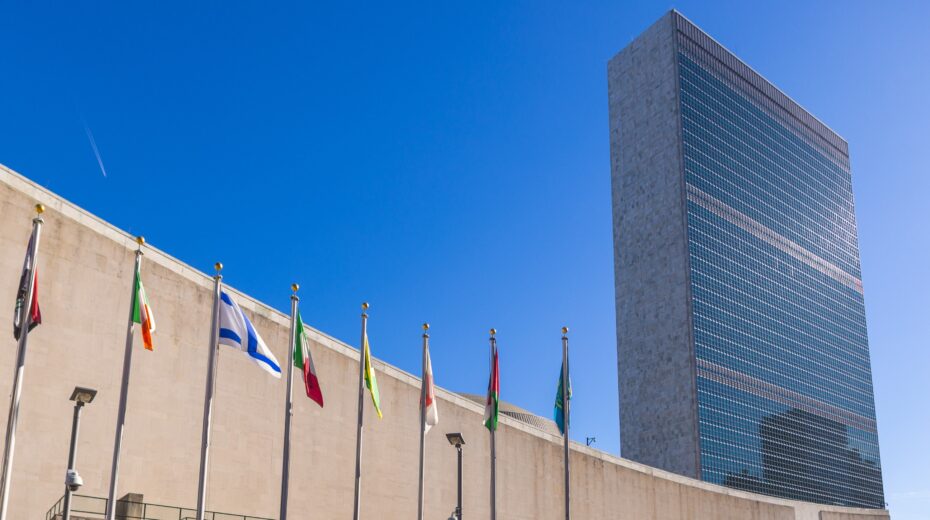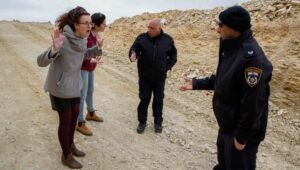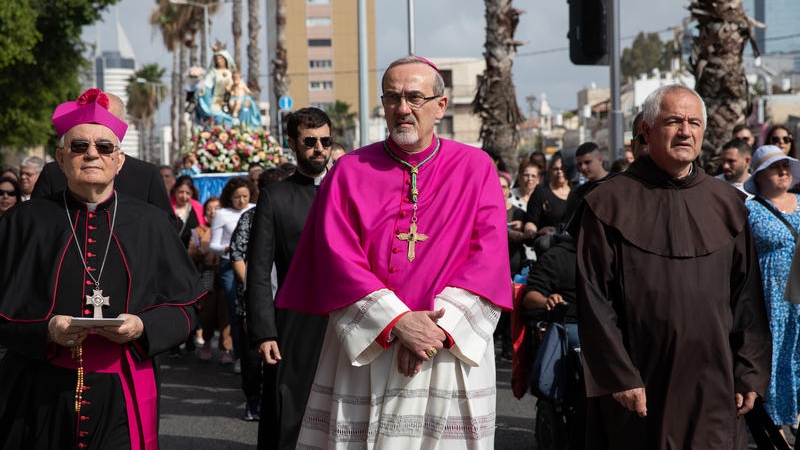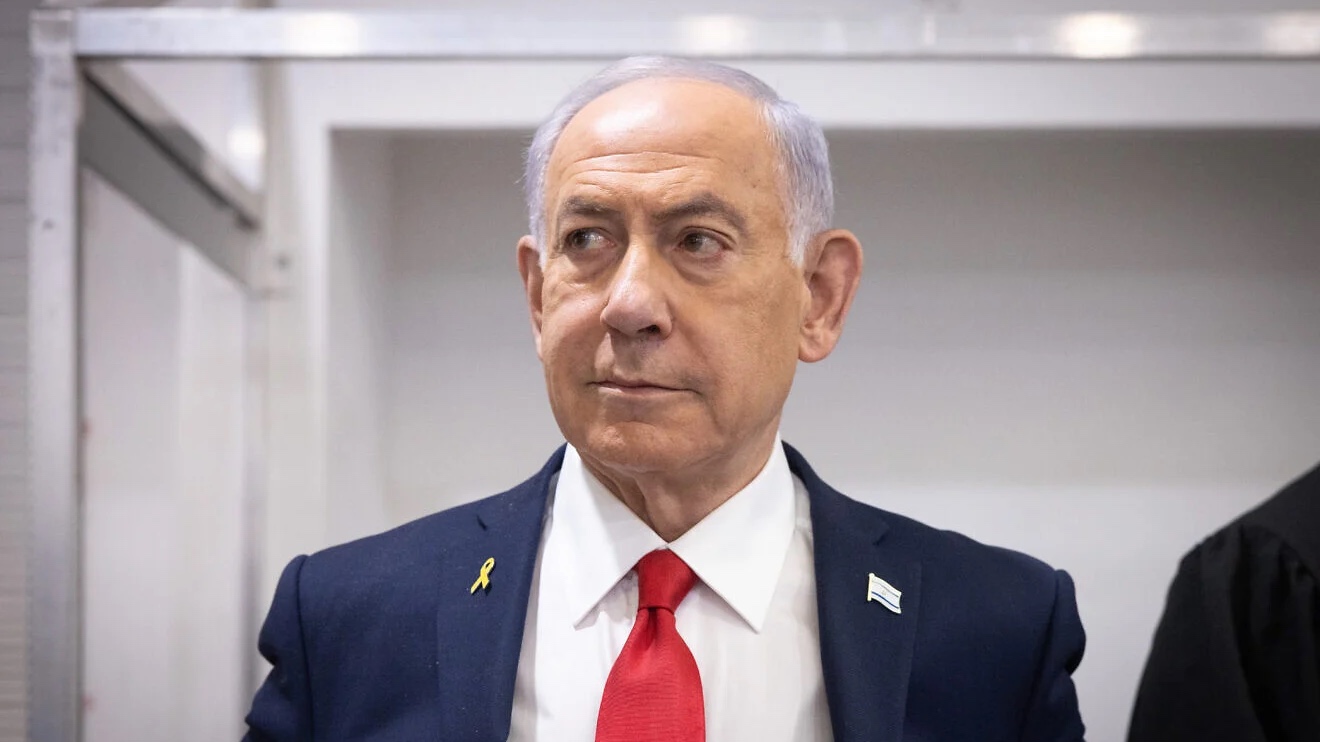Between us, what good is an agreement that only leads to another round of conflict? What am I talking about? You might think of the recent ceasefire in the north. But no, I’m reminded of a story from the Bible—a drama between Isaac and Abimelech, coincidentally from this week’s Torah portion, Toldot, about which my wife Anat has also written. Anyone reading this portion immediately wonders: What’s really going on here? It seems as though history is repeating itself.
A famine strikes the land, and Isaac moves to Abimelech, the king of the Philistines. To protect himself, Isaac claims his wife is his sister. The story concludes with a covenant between Isaac and Abimelech, and in reference to this oath, sworn near a well, the place is named Be’er Sheva—“Well of the Oath” or “Seven Wells.”
Why does this give me a sense of déjà vu? Of course, because all of this had already happened with Abraham—almost identically. Even the name Be’er Sheva had already been assigned back then. So what’s going on here? Why does history repeat itself?
Let’s briefly discuss Isaac’s strength. If Abraham was the revolutionary, the trailblazer, then Isaac is our understated patriarch who, with persistence and determination, without the glory of the founding figure Abraham, had to solidify the foundations of a new nation. And it’s not as though things were easy for him. The wells Abraham had dug were filled in by the Philistines. The Bible explicitly states:
“Isaac planted crops in that land and the same year reaped a hundredfold, because the LORD blessed him. The man became rich, and his wealth continued to grow until he became very wealthy. He had so many flocks and herds and servants that the Philistines envied him. So all the wells that his father’s servants had dug in the time of his father Abraham, the Philistines stopped up, filling them with earth.” (Genesis 26)
In other words, the Philistines were essentially saying: “Get out! Leave! This is our land! There were never any wells here, and neither you nor your father has any claim to it! From the river to the sea, the land of the Philistines shall be free!” But wait a minute—we had an agreement! “What agreement? What are you talking about?” the Philistines bluffed.
Yet it was Isaac’s relentless determination to return to those very wells the Philistines had blocked and to call them by the names his father had given them that sent a clear message to his neighbors and enemies: “You can’t stop me. I will continue my father’s work.” And where does this biblical narrative take place? In the Valley of Gerar, not far from Be’er Sheva, where my friend Amnon, a farmer, lives.
“Isaac reopened the wells that had been dug in the time of his father Abraham, which the Philistines had stopped up after Abraham died, and he gave them the same names his father had given them. Isaac’s servants dug in the valley and discovered a well of fresh water there.”
This unwavering resolve is what leads Abimelech to seek another agreement with Isaac—this time not from a position of strength but from the realization that the other side will not back down and is accompanied by heavenly blessing.
It’s astonishing how relevant this biblical story is today. I deeply admire the residents of our border communities in southern Israel, around the Gaza Strip. These communities were once vibrant with life, only to be destroyed overnight by those who consider themselves the modern Philistines. These residents say: “We will return home. We will dig out the wells that the Palestinians have filled. We will return to the same places, and there, fresh water will flow again.”
These people, who have lost so much, declare in the name of Israel to the modern Philistines: “You cannot defeat us. Do you think you can drive us out? Of course not! Do you know who my father is? My father is Isaac.” Every generation of the Land and People of Israel must, with Isaac’s persistence and determination, send a clear message to its enemies: “You cannot stop us. We will continue the work of God and our biblical forefathers.”
Shabbat Shalom!














